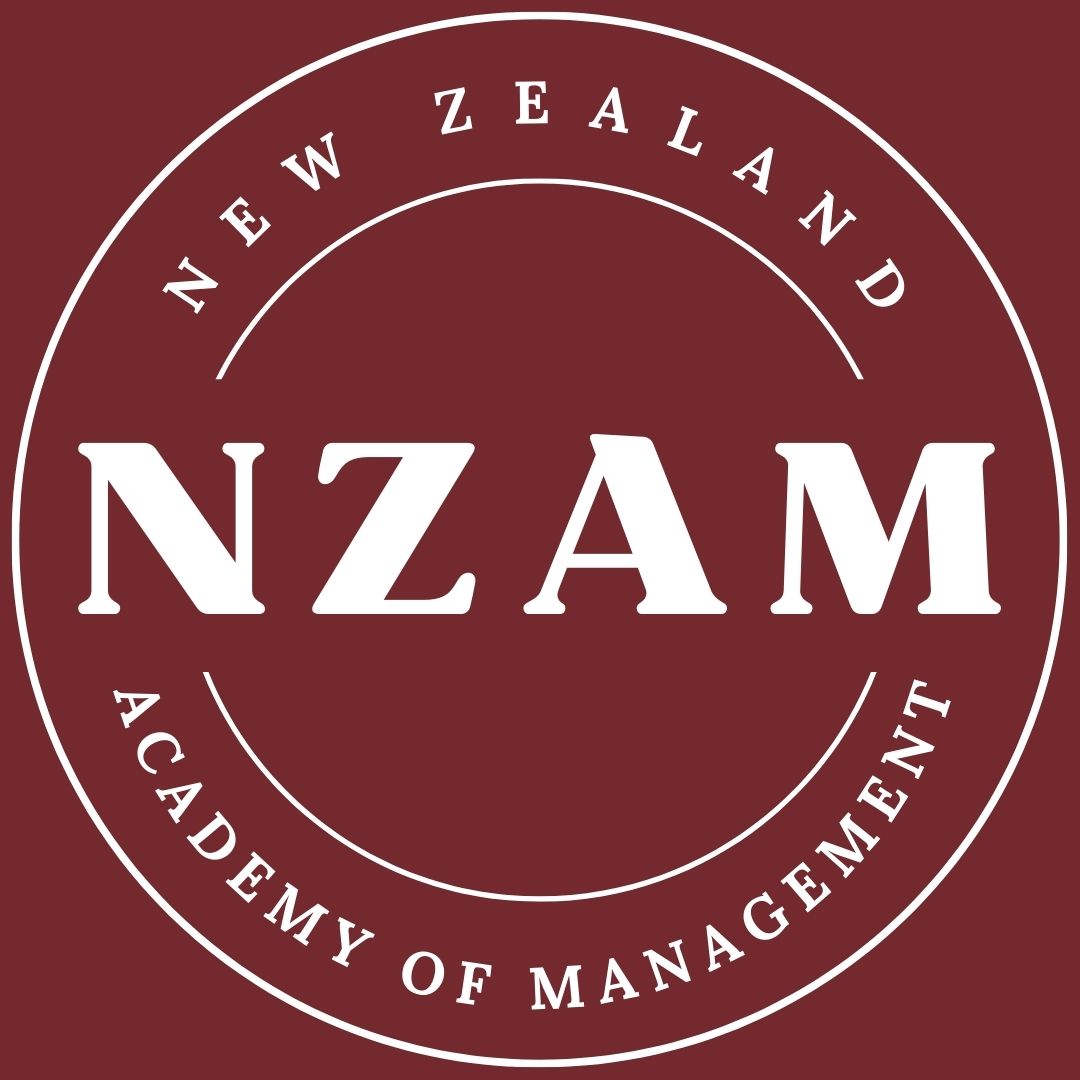The Graduate Conversion Program (GMA Program Stage 4) consists of 4 units:
Unit 13 : Financial Management
Objectives :
On completion of this subject students should be able to apply capital budgeting principles and techniques to investment proposals in order to facilitate optimum decision-making, understand the risk/return trade-off inherent in portfolio analysis and selection; understand how to apply techniques suitable for valuing various debt and equity securities; examine and evaluate empirical research relating to the optimum financial structure of the firm; understand the nature, purpose and limitations of financial ratios and other data to evaluate performance and credit risks; examine and understand empirical research relating to the concept of market efficiency; examine and evaluate empirical research relating to the optimum dividend policy of the firm.
Synopsis :
- find, use, and manage funds in different organisations
- select and evaluate techniques used in treasury management and investment decision making
- analyse the changing, competitive business environment in order to formulate financial strategy.
Unit 14 : Financial Statement Analysis
Objectives :
This subject seeks to describe and explain the properties of financial statement numbers, the key aspects of decisions that use financial statement information, and the features of the environment in which these decisions are made.
Synopsis :
- understand the demand and supply forces of corporate financial disclosure
- apply analytical techniques such as common-sized statements and ratio analysis
- consider accounting method choice on accounting numbers
- undertake correlational and cross-sectional analysis of Financial Statements
- consider the impact of times series properties of financial statement numbers.
Unit 15 : Financial Modeling
Objectives :
On completion of this subject students should be able to appreciate the role of computers in analysing the financial activities of a business and in decision support; appreciate the problems involved in the implementation of computerised financial models and spreadsheets; recognise the ways in which computer-based financial models may be used by management and evaluate commercially available financial modeling software.
Synopsis :
- apply cost accounting principles and techniques to model in all kinds of organisations
- analyse and critically evaluate information for cost ascertainment, planning, control and decision making
- model and interpret cost accounting and other financial statements.
Unit 16 : Management Accounting
Objectives :
On completion of this subject students should be able to understand the decision making requirements and the information needs of management; apply management accounting principles and techniques to a wide range of situations in both service and manufacturing industries; appreciate recent developments in the theory and practice of management accounting, control systems; and appreciate the developments information technology in relation to the provision of management accounting information.
Synopsis :
- select and utilise control systems which provide management control of the organisation
- provide management with appropriate information for control, assessing and reporting on performance, monitoring efficiency, effectiveness and value for money
- evaluate and audit the relevance of management information systems (including information technology systems)
- advise management on the use of these systems, and on issues of personal or corporate conduct.
